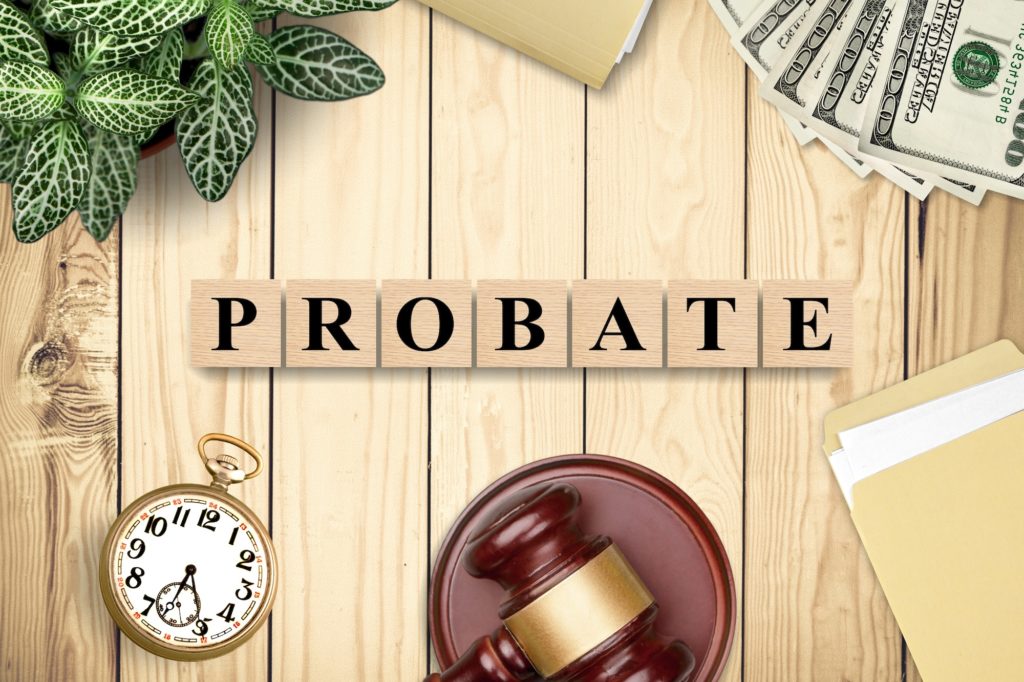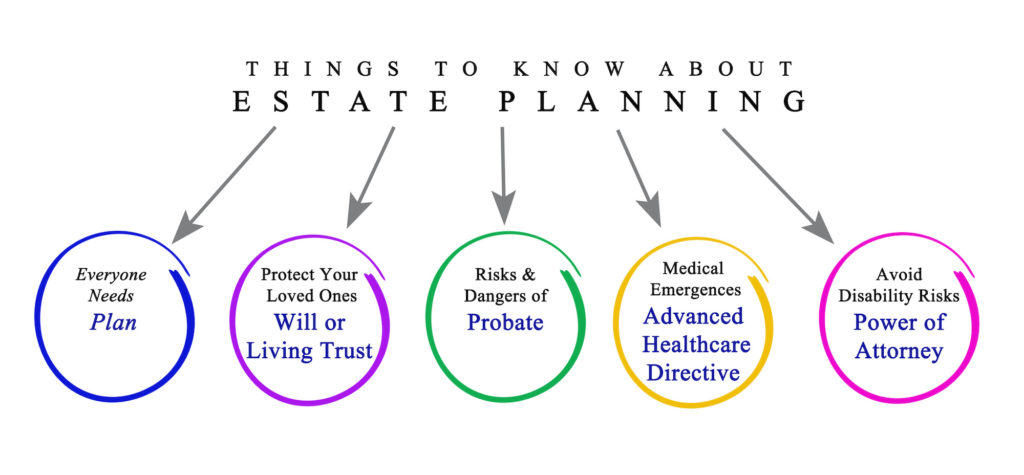After your child dies, remember to update relevant estate planning documents.
Court fees, attorney fees, executor fees, and the cost of probate itself often diminish the value of an estate. The overall costs vary widely from state to state. But the average probate in the U.S. costs between 5 and 10 percent of the value of the estate.
With significant funds in the account, the family may need to file probate to claim the funds. However, most states follow a small estate affidavit process.
Many families purchase life insurance to protect their income. This protects the family’s source of income which would otherwise end due to the death of the parent.
Unfortunately, accidents happen to everyone. Moreover, even innocent accidents could lead to litigation and potential loss of personal wealth. A tool such as a DAPT may protect your property for your family, both now and in the future.
DAPT laws vary significantly by state. Residency requirements vary from state to state, as does the required connection of the grantor with the DAPT state.
Lawyers create testamentary trusts in a will. They write this type of trust upon the individual’s death. Therefore, they do so to protect the money and property on behalf of a beneficiary.
A generation-skipping trusts allows you to distribute your money and property to your grandchildren, or even to later generations, without taxation, by using your lifetime exemption to offset any tax that could be due.
A trust (specifically, a Revocable Living Trust) (RLT) is a formal relationship. In it, the trust-maker names a trusted individual (trustee) to manage accounts and property.
Part 2 in a 2-Part Series Low Interest Rates & Estate Planning Last week, we began a two-part series about how to share your wealth through estate planning. To read part one in the series, click here. This week, we conclude by examining other options for sharing your wealth. We examine charitable gifts, including intrafamily loans.











